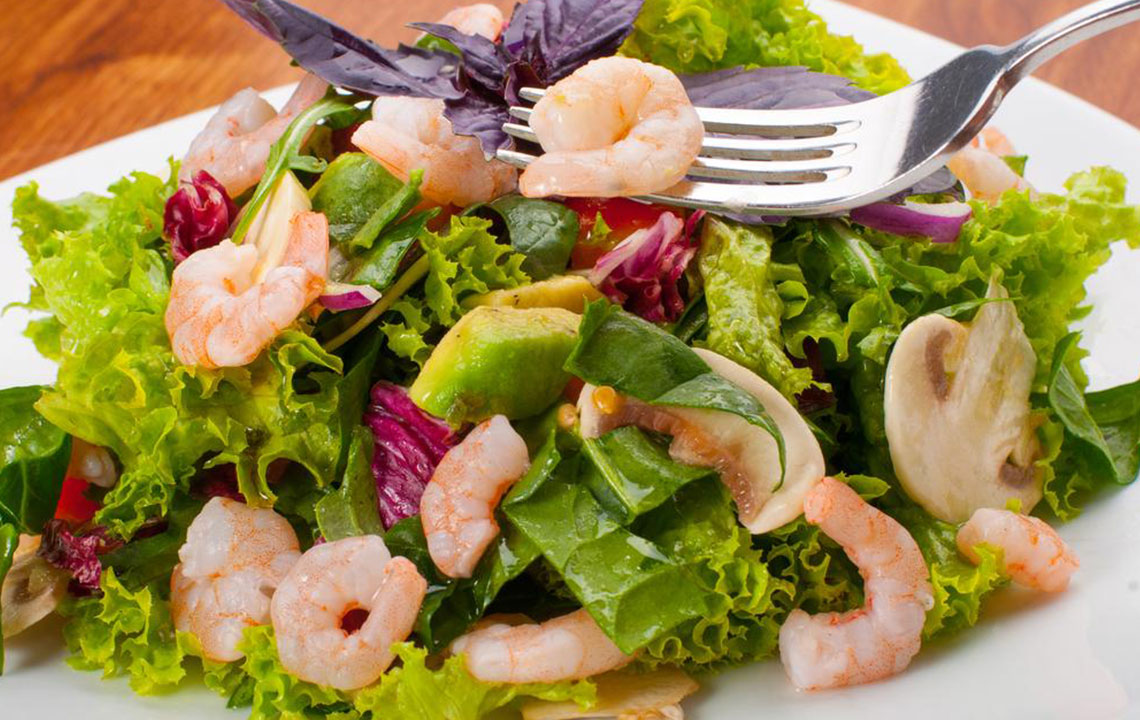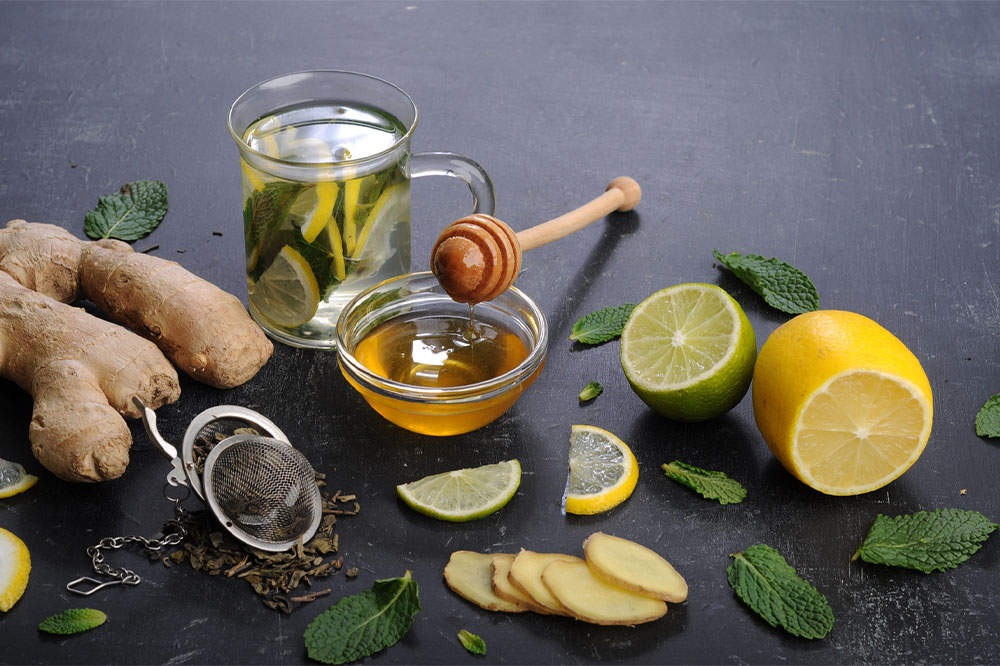Effective Dietary Strategies to Manage Acid Reflux Immediately
Learn effective dietary strategies to instantly relieve acid reflux symptoms. Incorporate gentle, non-triggering foods like vegetables, lean proteins, and whole grains while avoiding high-fat, spicy, or acidic items. Small, frequent meals and lifestyle adjustments can further help manage this condition, reducing discomfort and preventing complications. Always consult a healthcare professional for personalized advice. This guide provides practical tips to alleviate symptoms and improve your digestive health quickly and safely.

Effective Dietary Strategies to Manage Acid Reflux Immediately
Frequent heartburn may indicate Acid Reflux Disease, or GERD, a condition where stomach acid escapes into the esophagus.
During digestion, a ring of muscle called the sphincter closes after eating to keep acid in the stomach. If it relaxes improperly, acid can back up, causing discomfort. Persistent reflux leads to symptoms like heartburn and regurgitation.
Triggers include hiatal hernia, lying down after meals, excess weight, certain foods (tomatoes, garlic, spicy, fatty foods), smoking, alcohol, caffeine, late-night snacking, pregnancy, and specific medications. Common signs are burning chest pain, sour taste, nausea, bloating, cough, and difficulty swallowing.
Underlying Causes
Hiatal hernia
Post-meal positions such as lying down or bending over
Overweight or obesity
Dietary factors like spicy, fatty, or acidic foods
Smoking and alcohol consumption
Pregnancy and certain medications
Lifestyle and diet modifications are key in alleviating symptoms. Eating smaller, more frequent meals, reducing fatty foods, and avoiding known triggers can significantly improve comfort.
To help manage acid reflux, incorporate the following foods:
Vegetables: Cucumber, spinach, broccoli, beans, cauliflower, asparagus
Whole grains: Oatmeal, brown rice, whole wheat bread
Ginger: Naturally anti-inflammatory, consumed as tea or in food
Fruits: Bananas, apples, pears, melons (avoid citrus)
Egg whites: Rich in protein, low in fat
Lean proteins: Grilled or baked fish, turkey, chicken, seafood
Healthy fats: Olive oil, flaxseeds, walnuts, avocados
Foods to avoid include high-fat items, chocolate, citrus fruits, caffeine, and mint due to their potential to trigger reflux. Staying mindful of triggers and maintaining a healthy lifestyle can greatly reduce symptoms and improve quality of life.










